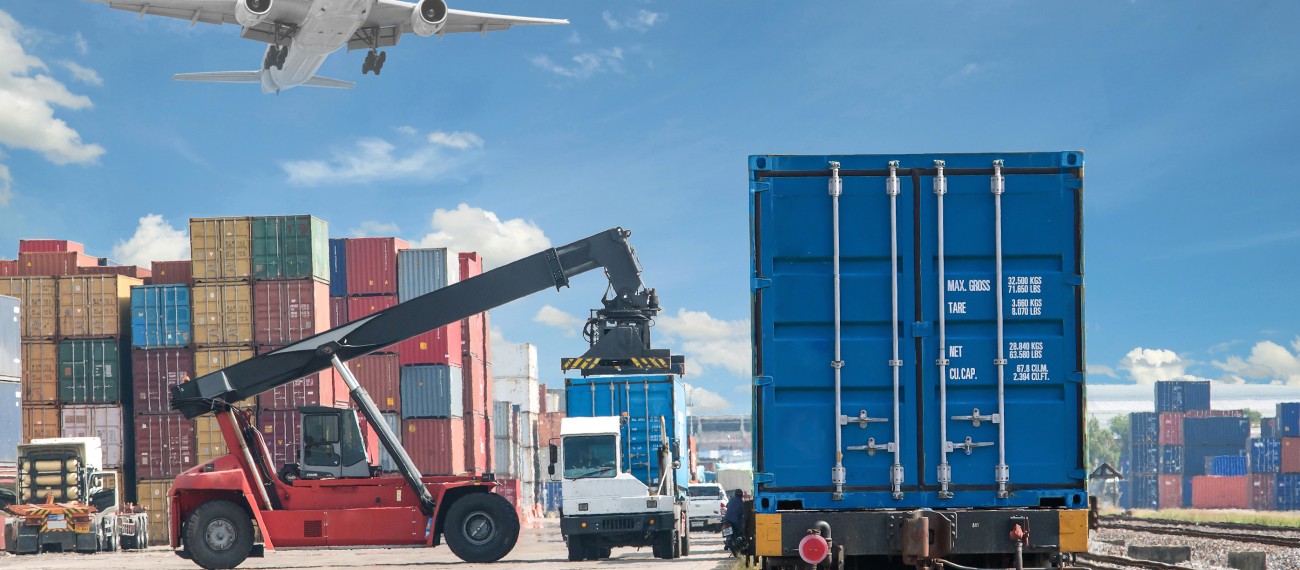Improving data flow along the maritime transport chain in rail-bound hinterland traffic
Predicted container handling volumes in the German seaports require improvements in resource management along the entire transport chain. The VESUHV project therefore concentrates on improving performance in the maritime transport chain by increasing the reliability of the operational planning, based on data exchange that is standardized, more prompt, and reliable. The main focus is on enabling the actors to generate supply and use advance notification data, in terms of the expected ships and export trains, as well as to initiate iterative test loops based on these elements. A target concept for the implementation of the improved information flow will be compiled in cooperation with the alliance partners. Subsequently, a pilot application will be designed that can generate better information, related to the availability of the containers at the terminal, from the ship and rail ETA. In terms of import, the incorporation of designated unloading intervals will make containers available earlier. In terms of export, data on the expected loading availability of the containers will allow shippers to react earlier to delayed train arrivals.
Key Data:
Project lead: Fabian Walter





